What is Ground Coffee Anyway? Join the Whole Bean Revolution
You might have noticed we're gunning towards the future of coffee... that being the whole bean revolution! We know some people don't have electric coffee grinders at home so it's not always practical, that's why we're still offering filter ground coffee for cafetieres and other manual brewers. For now though, let's find out what ground coffee is so you can make your own mind up before you buy a grinder and commit to the #wholebeanrevolution.

What is coffee?
Right, now I’m not going to sit here and pretend neither of us know what coffee is. Considering you’re reading this; you are probably somewhat familiar with the popular beverage. Familiar or somewhat obsessed maybe (just like myself).
I’m not going to lie to you, coffee is the main reason I get up in the morning. You can’t beat a fresh, long black to start the day.
According to the Dictionary, coffee can be defined as ‘a hot drink made from the roasted and ground seeds of a tropical shrub’. In simple terms - caffeinated liquid heaven.
What are coffee beans?
To create that creamy espresso shot, the base for all coffee drinks, you must grind and extract from your desired coffee beans. Depending on the flavour, aroma, and strength you enjoy your coffee at, will determine the coffee bean you choose.
Believe it or not, coffee beans are the seed inside the red or purple fruit, often referred to as a coffee cherry.
The fruits undergo a dry milling process whereby machines and millstones are used to remove the fruit and dried parchment, to uncover the coffee bean inside.

As well as the location, variation, and altitude at which the coffee plant is grown, it is the roasting of the coffee bean which will ultimately decipher the taste of the final beverage. For example, a lighter roast will generally have a more delicate, acidic flavour profile compared to that of a darker roast coffee bean which will encompass a more bitter and smoky flavour.
What is ground coffee?
You’ve probably realised by now that there is a whole new language when it comes to coffee lingo and terminologies. From cupping and blooming to seeping and portafilter, the vocabulary can be slightly overwhelming, especially if you’re new to the specialty coffee world.
It’s important to start at the very beginning and that would be determining the difference between whole bean and ground coffee. After all, this can at least set you off to a good start when making that cup of coffee you so desperately want (or need!).
As we discussed earlier, all coffee begins with the roasted coffee bean that has come from the coffee cherry initially. This coffee bean can then be purchased as whole bean or in the form of ground coffee. This choice is entirely dependant on the coffee maker the user has at home, as well as whether they have access to a coffee grinder.

Ground coffee is essentially what brewed coffee is made of. The coffee bean is ground into smaller particles to extract as much flavour as possible and suit the brewer being used. The grind size can vary from super-fine, medium-coarse (for use in coffee makers such as the Moccamaster) to coarse. Pre-packaged ground coffee is available for those who have not yet invested in a coffee grinder at home.
Is Ground Coffee the Same as instant coffee?
Whilst it may be easy to mistake ground coffee and instant coffee as being the same, there are differences.
In short, instant coffee is a cup of coffee which has already been brewed, processed, and preserved in packaging. Ground coffee is unprocessed beyond the washing and roasting of the coffee bean, and it can undergo its natural deterioration process once packaged.
As a result, instant coffee dissolves in hot water, completely removing the extraction and brewing process that is needed from ground coffee to get the intended flavours. Whilst a longer process, there is a greater reward with the overall taste of the coffee when brewed with ground coffee over instant.
How long does ground coffee last?
Imagine bringing your freshly roasted bag of coffee home, going on holiday for a while and arriving home to a stale brew. No one wants that.
Depending how much coffee you drink every day and how well you store your coffee beans, will determine whether you buy that kilo of whole bean coffee or the 200g bags of ground coffee.
If unopened, coffee grounds can last up to 6-9 months whilst whole bean can stay fresher for longer due to its smaller exposed surface area, meaning it is not oxidised as quickly.
Once opened, ground coffee lasts around 3-4 months. It is important to keep opened ground coffee in an airtight container or fastened with a sturdy coffee bag clip to reduce exposure to the air.

Can you reuse ground coffee?
I’m sure you’re familiar with the guilty feeling of throwing away those once-brewed coffee grounds because they’re no longer usable to make another fresh cup of coffee. All that time and care put in to extracting and blooming the ground coffee to make the perfect cup, only to discard them into the bin at the end, without a second thought.
If this is your thought process at the end of every brew, it might be music to your ears that you can in fact reuse coffee grounds, and in more ways than one.
Next time you have used coffee grounds, why not try creating a face and body scrub or treat your plants with a healthy soil sprinkle? They can also make for great candles and a substitute for washing up liquid (believe it or not!).
How do you grind coffee at home?
Everyone knows that coffee tastes better when ground fresh. You’ll get the best out of your cup if you buy whole bean and have access to grind ad hoc at home, as and when you want.
Grinding fresh means, the cup of coffee will have a far better flavour profile as a result and there are many ways to grind coffee at home. Read on to explore the best coffee grinders for home-use…
It goes without saying that the best way to grind coffee is with an electric or manual coffee grinder. Specifically created for the purpose of grinding coffee, you can be sure you’ll get a consistent grind every time.
What is an electric coffee grinder?
If you’re interested in getting the job done quickly and efficiently, it will be well worth you spending the extra money on an electric coffee grinder. At just the press of a button, you can automatically grind your coffee beans to the desired size for your coffee maker in seconds.
A combination of sturdy gears moving the stainless-steel burrs, an electric coffee grinder will feature a calibration system to optimise the accuracy of the coffee grind. High-end electric coffee grinders often come with over 40 grind setting options, ranging from espresso to cafetiere.

As with all good things in life, the high level of consistency and convenience of an electric grinder does come at a price. For a decent electric grinder, you’re looking at the price range of £100 - £500.
If you’re looking for less noise or perhaps have a tighter budget, a manual coffee grinder might be the one for you.
What is a manual coffee grinder?
Manual coffee grinders are basically what they say on the tin – a coffee grinder which requires human effort to function. These are often a simpler and more affordable alternative to an electric grinder.
With a tiny hopper that stores the beans, a set of burrs that grind the coffee, and a collection chamber underneath, all connected with handle and rode, a manual grinder is certainly a more durable option.
If you’re prepared to put in the effort and arm strength of manually grinding, you’ll be pleased to hear hand grinding is inexpensive. Ranging from £20-£30, manual grinders are often the entry level to the world of freshly ground coffee.
Often slimline in style, they look great on a coffee bar next to your coffee accessories and stainless steel milk jugs.
Alternatively, a standard electric blender, mortar and pestle or even a rolling pin can double up as a coffee grinder! Remember though, you're never going to get guaranteed grind size consistency without a professional coffee grinder... how much do you value your brew?

Ground coffee FAQs:
Here are some of the most frequently asked questions we get about our electric coffee grinder.
How much coffee should you grind for one cup?
Providing that the cup follows the SCAA standards of holding a total water capacity of 6oz, for most home coffee brewing the coffee measurement should be 2 tablespoons (10.6g).
In simple terms, you want approximately 10.6g of ground coffee per 180ml (6oz) of water.
This fine ratio would require a specialised coffee scale, a worthwhile investment if looking to enhance the quality of your cup of coffee.
What do you use fine grind for?
Fine grind coffee is commonly used for espresso machines or stovetop espresso machines. The finer grind will ultimately make for a stronger cup of coffee as it creates more surface area for the hot water to run through during the extraction period.
Finely ground coffee will replicate the texture and size of sugar, feeling gritty and sand-like when rubbed between fingers.
What do you use coarse grind for?
Coarsely ground coffee is great for a slow extraction time, mainly used for French Press, percolators, and coffee cupping brewing methods.
The appearance of coarsely ground coffee is chunky and like that of Kosher Salt.
Ground Coffee: Summary
Okay congratulations if you’ve read this far down the page. That’s some serious kudos, there’s a lot of words on this page. To summarise, ground or preground coffee is simple fresh roasted coffee that is ground before it goes into the bag. In supermarkets, you’ll see loads of preground coffee in airtight bags – the aim of the game is to keep it super fresh after all!
By now though, we all know that whole bean coffee is best! Our coffee subscription lets you choose between a kilo of whole bean coffee or 2x 350g bags if you want to mix it up. We’ll never grind a kilo, so if you’re choosing that option make sure you’ve got a coffee grinder at home to get your best possible brew.
Our letterbox friendly 350g bags can be ground for you though. We offer a filter grind size which is suitable for most manual brewers including a cafetiere, coffee infusion stick and a pour over or drip brewer.
The main reason we don’t grind our bigger bags is because we truly believe coffee tastes better when it’s ground fresh. Our mission is to give you the best possible cup and in our opinion, this is the only way to do it!
So welcome to the whole bean revolution!




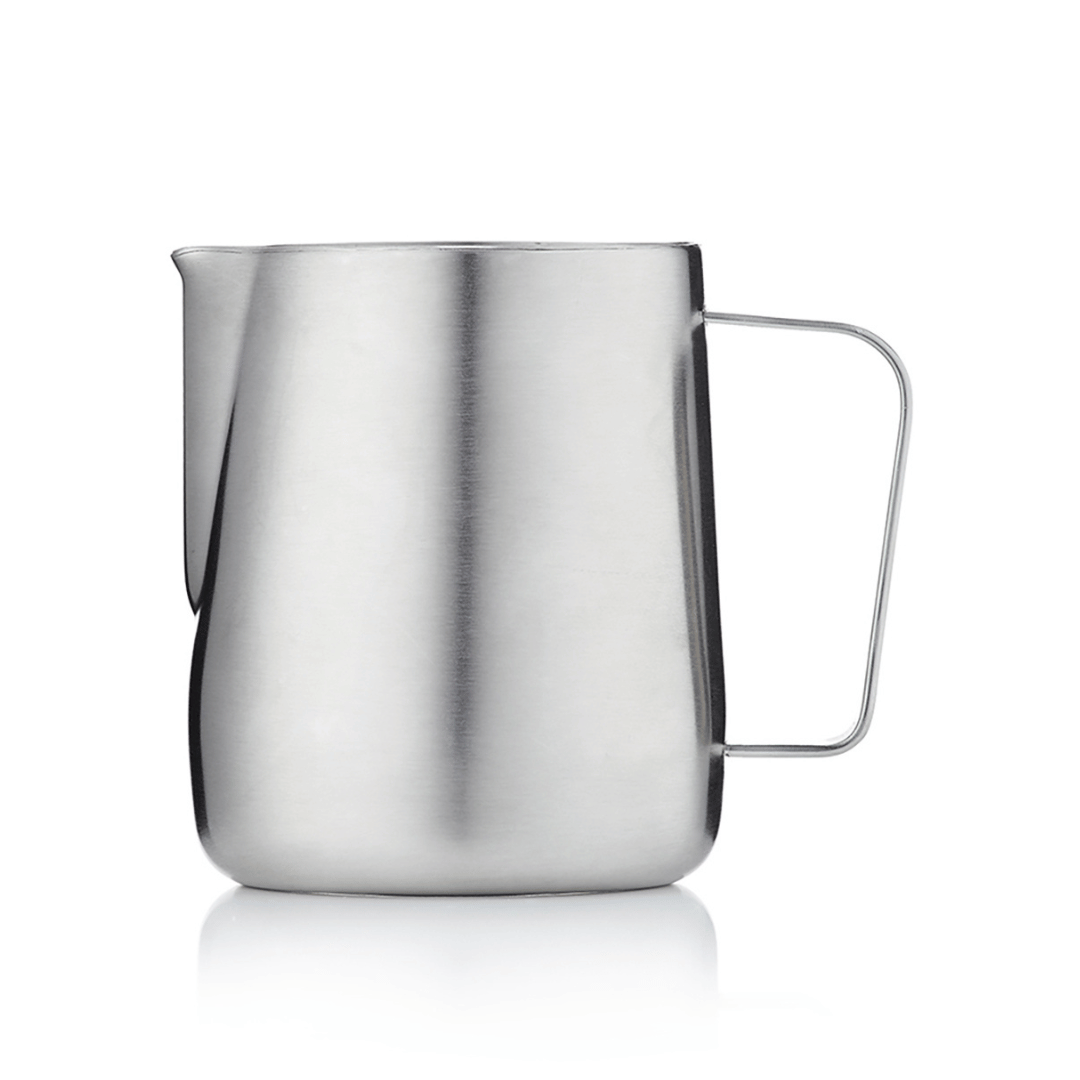
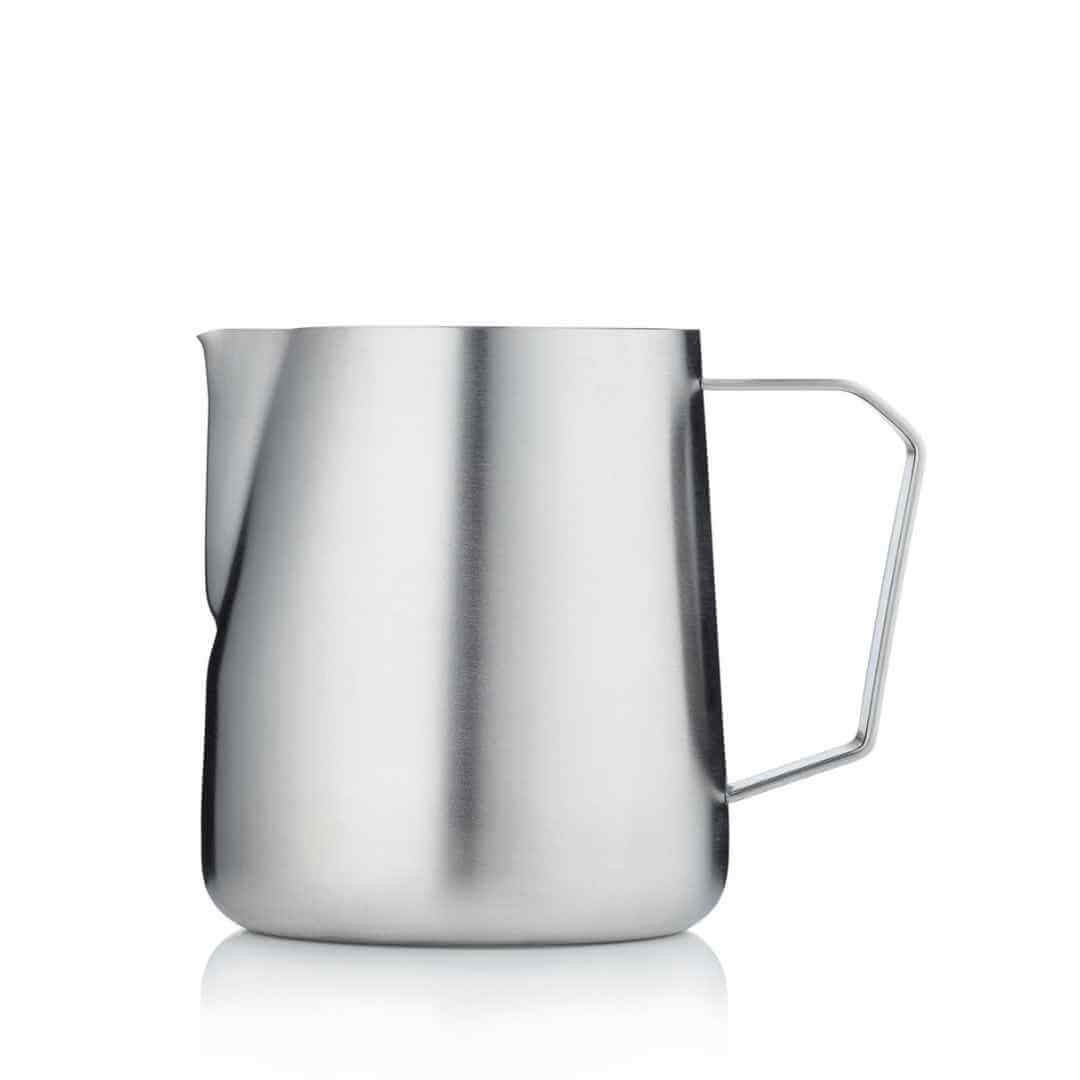
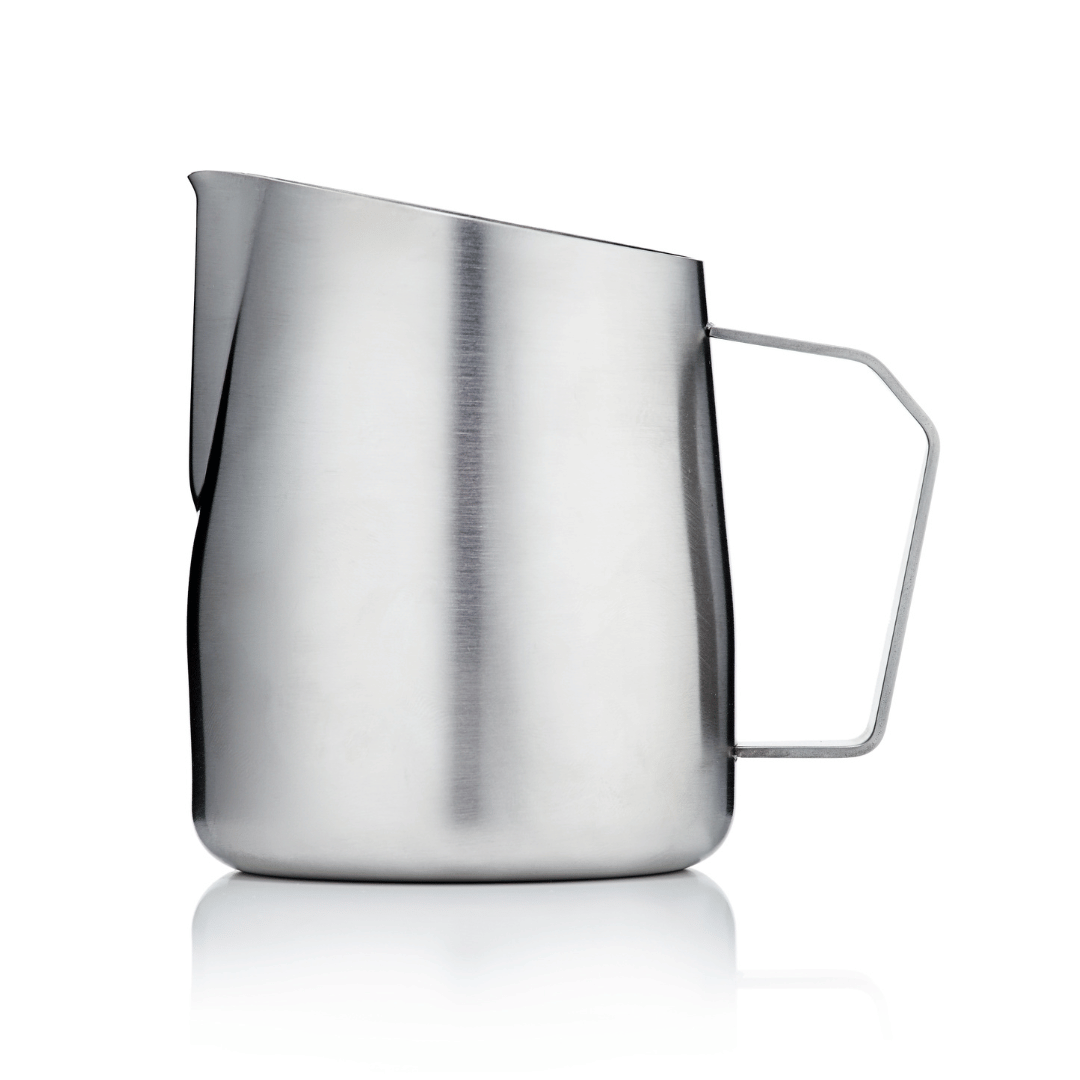
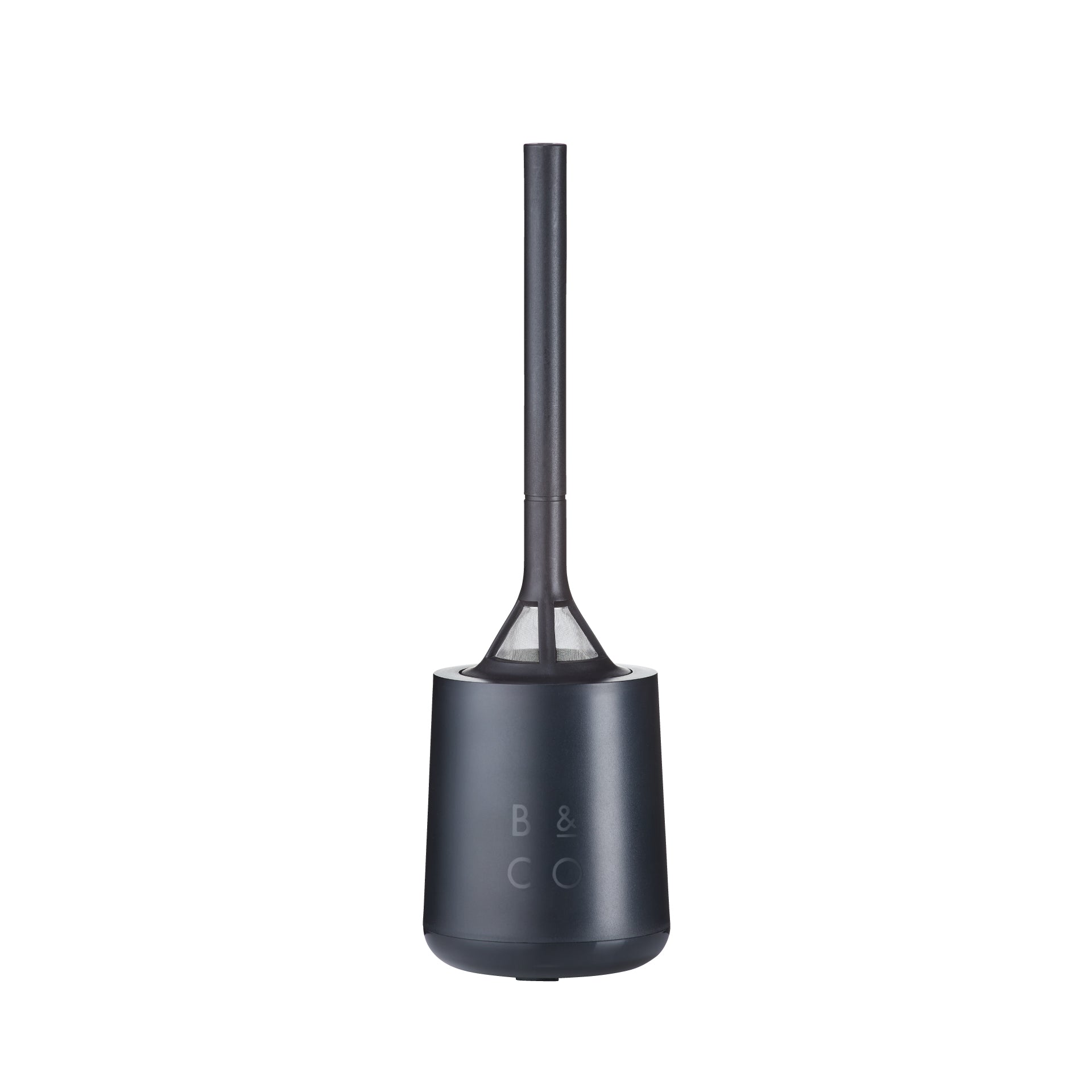
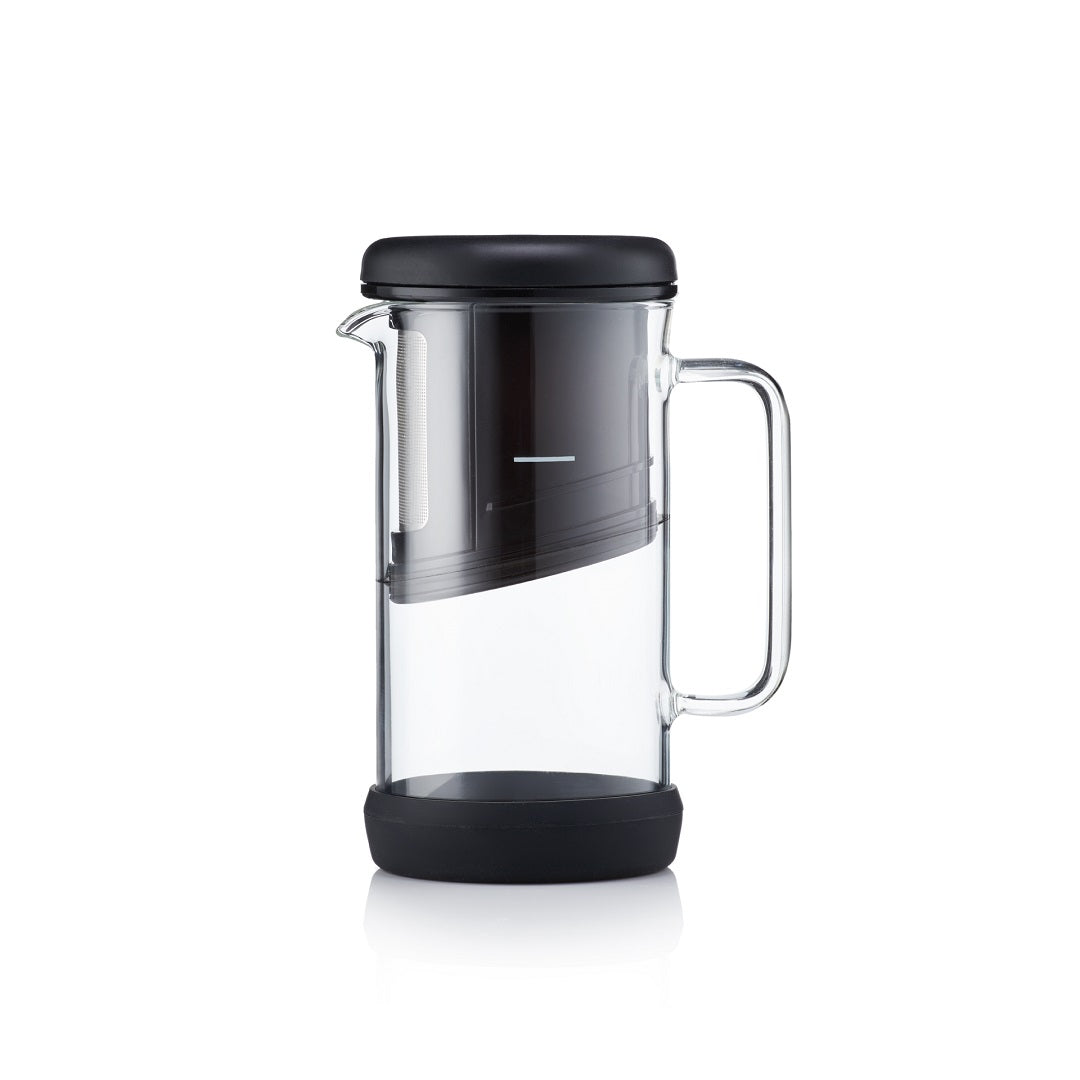
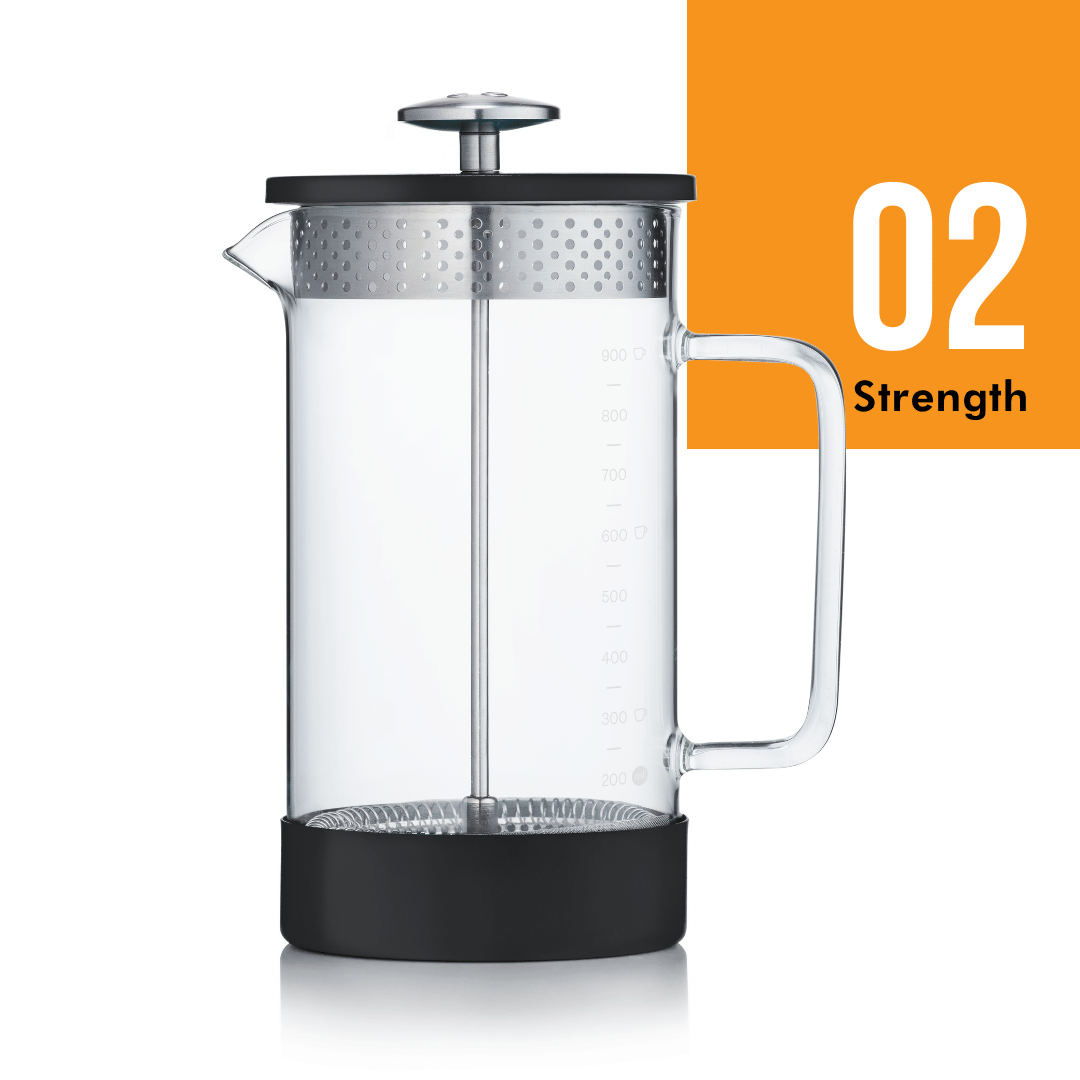
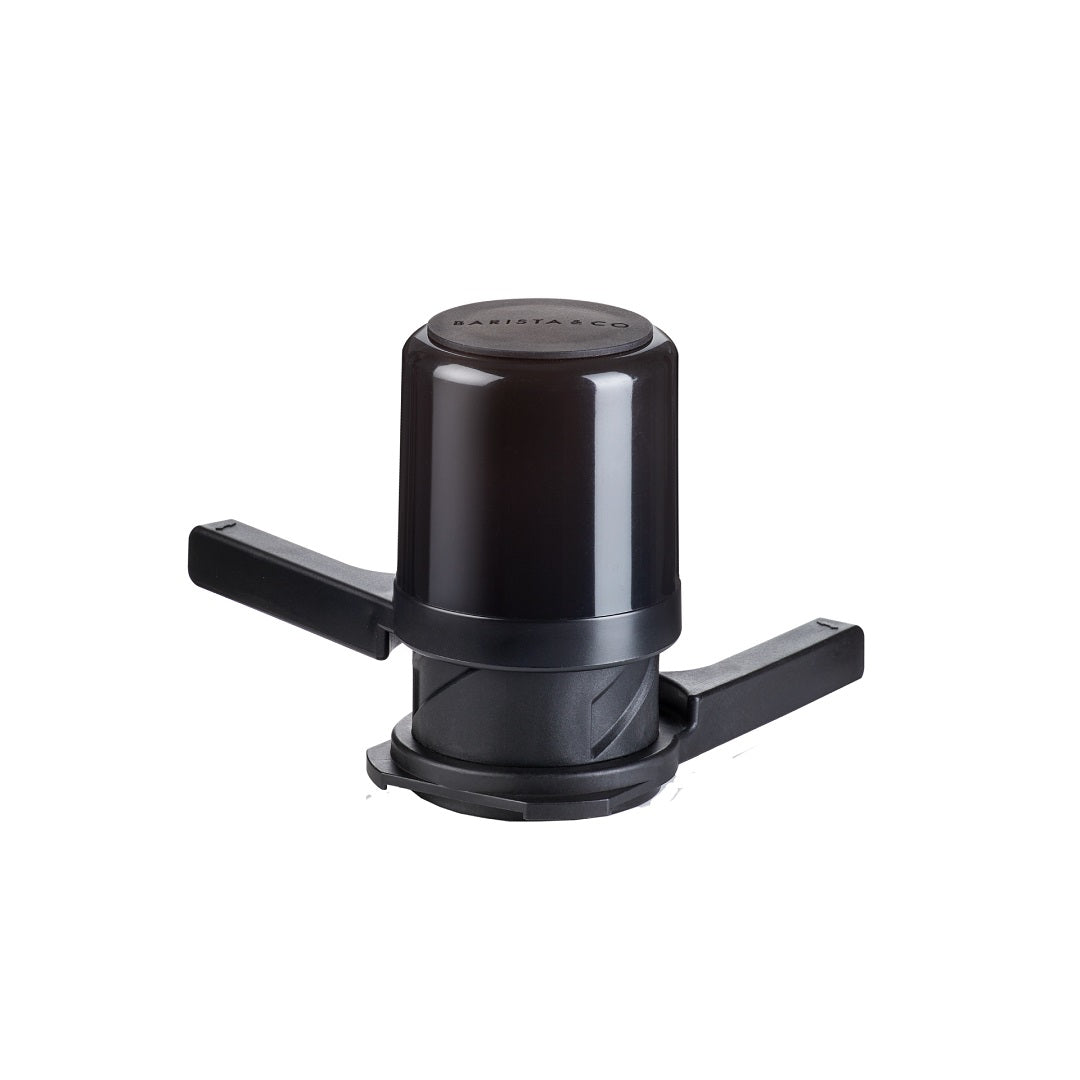
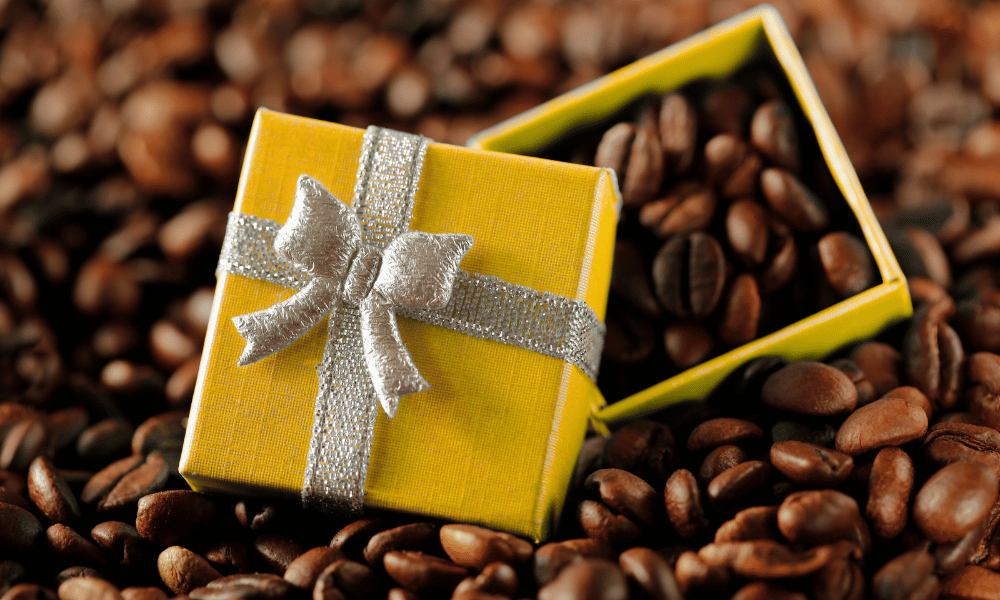
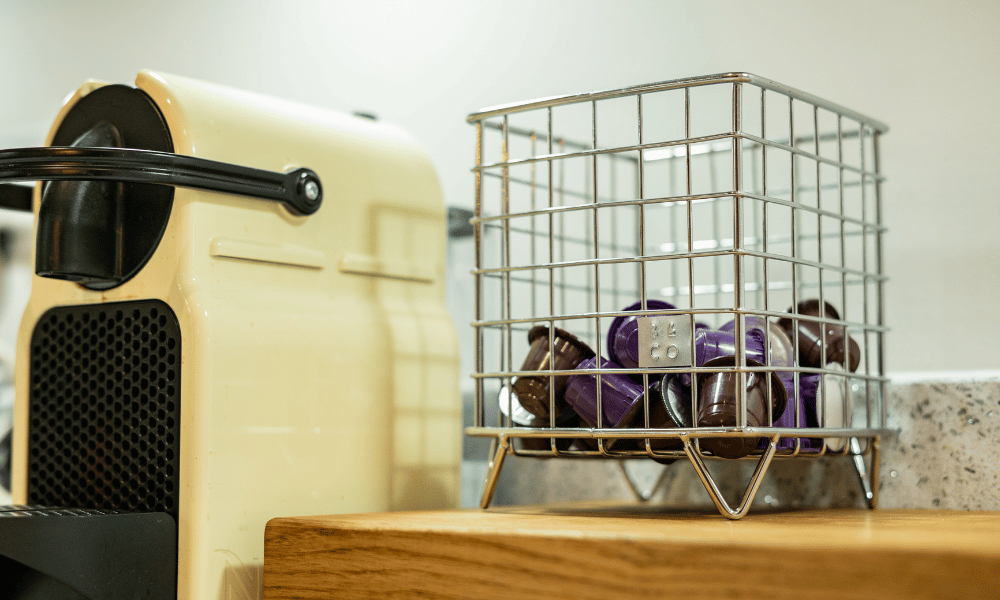
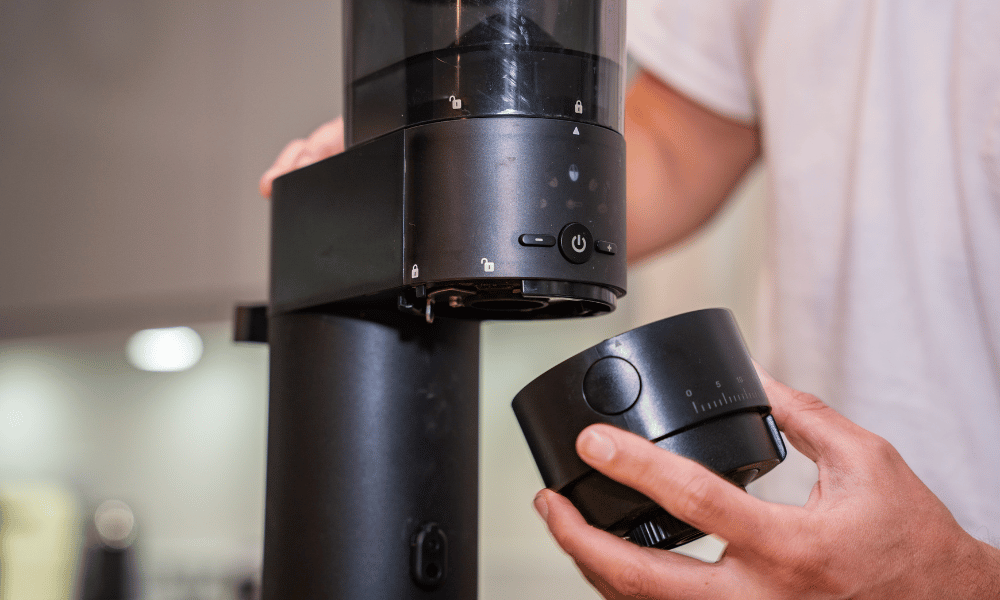



Leave a comment